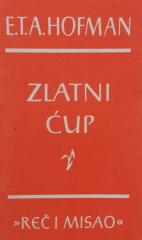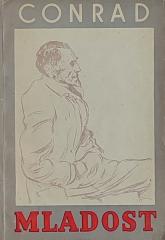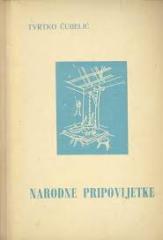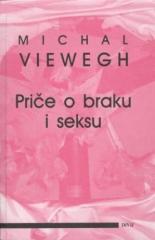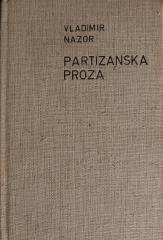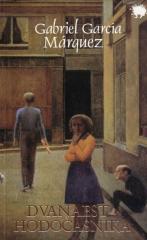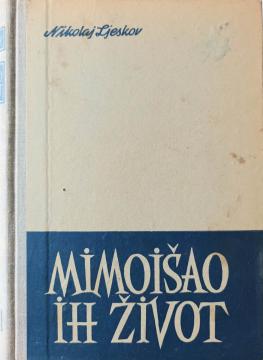
Mimoišao ih život
„Mimoišao ih život“ (1863) je kratka priča koja prati sudbinu seljanke Nastasje, čiji život simbolizuje patnju i nesreću običnih ljudi u carskoj Rusiji. Napisano u realističkom duhu sa elementima narodnog jezika, delo kritikuje društvene norme i nepravde
Nastasja, mlada i lepa devojka, udaje se za seljaka Fjodora, ali brak je nesrećan zbog njegove ravnodušnosti i grubosti. Živeći u siromaštvu, Nastasja pati od teških uslova i nedostatka ljubavi. Njena čežnja za boljim životom vodi je u zabranjenu ljubavnu vezu sa mladim seljakom Aljošom. Njihova veza, iako strastvena, donosi joj samo dalju nesreću. Kada se veza razotkrije, zajednica je osuđuje, a Fjodor je još više zlostavlja. Aljoša, nesposoban da se nosi sa pritiscima, napušta je, ostavljajući Nastasju slomljenog srca.
Nastasjino stanje se pogoršava; ona gubi volju za životom, a društvena stigma i porodični pritisak je slome. U očaju, ona tone u ludilo, a njen život se tragično završava. Kroz svoju priču, Leskov prikazuje okrutnost patrijarhalnog društva, nepravdu prema ženama i nemoć pojedinca pred sudbinom. Priča, ispričana narodnim jezikom i anegdotskim stilom, ističe Leskovljevu sposobnost da oživi život ruskog sela, istovremeno kritikujući društvene norme.
No copies available
The last copy was sold recently.
